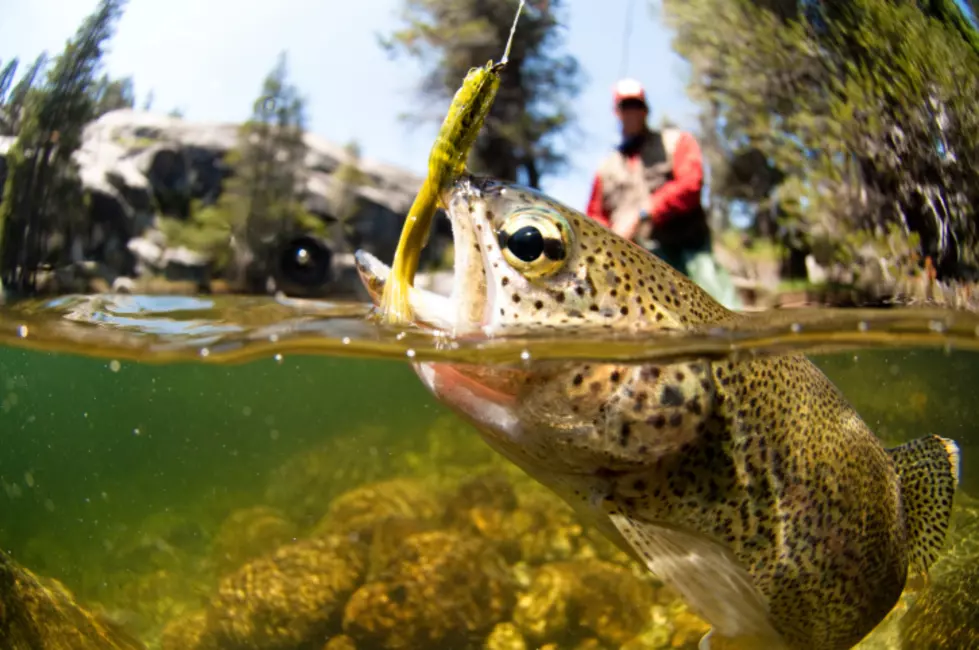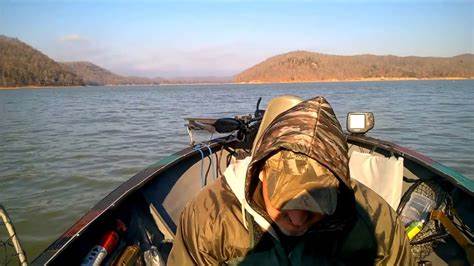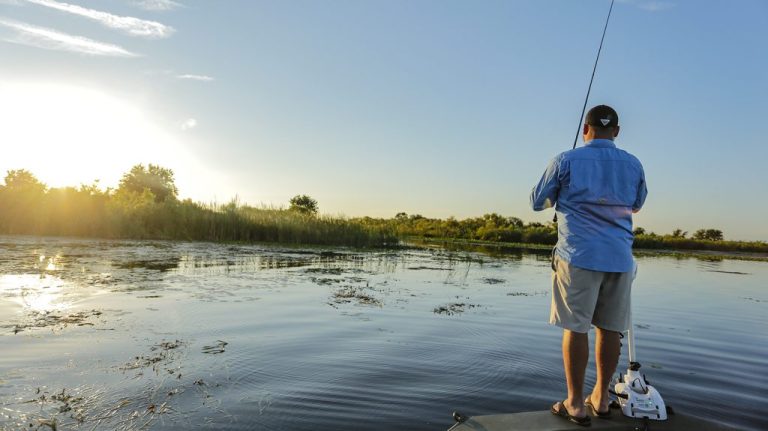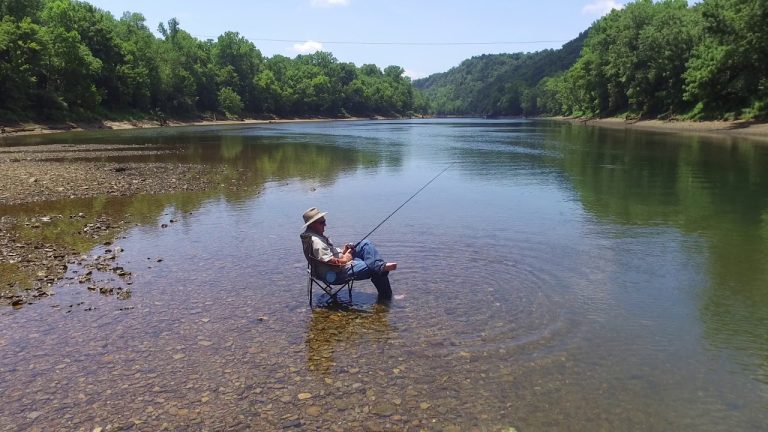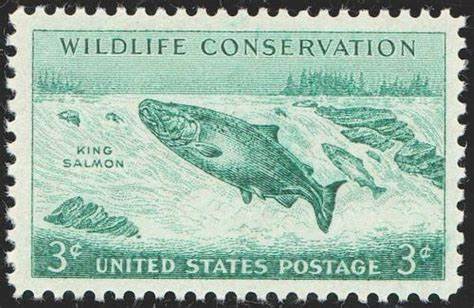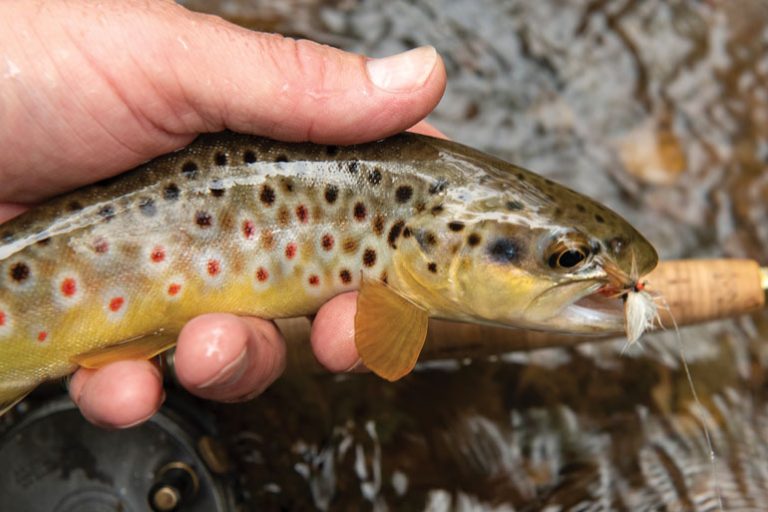Fishing is a beloved pastime in Indiana, with its abundant lakes, rivers, and streams teeming with diverse fish species. However, before casting your line, it’s crucial to understand the state’s fishing license requirements. While most anglers need a valid license, several exemptions allow certain individuals to fish without one. This comprehensive guide explores who doesn’t need a fishing license in Indiana, providing all the necessary information to ensure you’re fishing legally and responsibly.
Age-Based Exemptions
Children Under 18
In Indiana, children under 18 are exempt from needing a fishing license when fishing on public or private waters. This exemption encourages families to introduce their children to the joys of fishing and instill a love for the outdoors from an early age.
Seniors Born Before April 1, 1943
Indiana residents born before April 1, 1943, do not need a fishing license when fishing in Indiana waters. Such residents should carry their valid Indiana Driver’s License or other identification to verify age and residency.
Disability Exemptions
Disabled Veterans
Veterans with a service-connected disability of 60% or more are exempt from needing a fishing license in Indiana. They must carry proof of their disability rating when fishing. This exemption is a small token of appreciation for the sacrifices made by our nation’s heroes.
Blind Residents
Legally blind residents of Indiana are exempt from needing a fishing license when fishing in public waters within the state. Proof of being legally blind is not required while fishing. This exemption promotes inclusivity and ensures that all Hoosiers can enjoy the therapeutic benefits of fishing.
Developmentally Disabled Residents
Residents who have a developmental disability as defined by IC 12-7-2-61 are exempt from needing a fishing license. Proof of the disability is not required while fishing.
Residency Exemptions
Fishing on Own Land
Resident owners or lessees of Indiana farmland who farm that land, along with their spouses and children living with them, are exempt from needing a fishing license while fishing on the farmland they own or lease. This exemption does not apply to land owned by a business, corporation, or partnership unless the shareholders, partners, members, or owners are composed solely of an immediate family and farm that land.
Farmland means agricultural land that is devoted to or best adaptable to the production of crops, fruits, timber, or raising livestock, or is assessed as agricultural land for property tax purposes.
Nonresident Landowners
Some nonresident landowners are exempt from needing a fishing license while fishing in public waters from the farmland they own, according to the exemptions that their state provides to Indiana residents.
Other Exemptions
Native American Tribes
Members of certain Native American tribes with treaty rights are exempt from needing a fishing license when fishing on tribal lands or waters covered by the treaty.
Military Personnel
Active-duty military personnel stationed in Indiana are exempt from needing a fishing license when fishing in public waters within the state. They must carry their military ID as proof.
Residents of Indiana engaged in full-time military service while on approved military leave are also exempt from needing a fishing license. The person must carry leave orders and a valid Indiana Driver’s License or voter registration card to prove residency.
State-Owned Facilities
Residents of state-owned mental rehabilitation facilities and licensed health care facilities in Indiana are exempt from needing a fishing license during supervised activities.
Private Ponds
If you’re fishing on private property where the fish cannot mingle with public waters, you’re exempt from needing a license. However, it’s essential to obtain permission from the pond’s owners before fishing.
Understanding the Rationale Behind Exemptions
While fishing licenses are crucial for funding conservation efforts and managing fish populations, certain exemptions are in place to strike a balance and promote responsible fishing practices. Additionally, these exemptions aim to make fishing more accessible and inclusive for all residents of Indiana.
The landowner exemption encourages private landowners to maintain and protect bodies of water on their property, contributing to the overall health of aquatic ecosystems. Exemptions for disabled individuals, seniors, and children aim to make fishing more accessible and inclusive for all residents of Indiana. By removing barriers and encouraging participation, these exemptions help foster a love for the outdoors and promote a deeper appreciation for the state’s natural resources.
License Types, Costs, and Purchase Options
If you don’t fall under any of the exemptions mentioned above, you’ll need to obtain a valid fishing license in Indiana. The following table outlines the different license types and their costs for the 2025-2025 season:
| 2025 License Fees | Resident | Nonresident | Resident Apprentice |
|---|---|---|---|
| Annual Fishing | $23 | $60 | N/A |
| One-Day Fishing | $10 | $15 | N/A |
| Seven-Day Fishing | N/A | $35 | N/A |
| Senior Annual | $3 | N/A | N/A |
| Senior Fish for Life | $23 | N/A | N/A |
| Trout/Salmon Stamp | $11 | $11 | N/A |
| Annual Hunting | $32 | N/A | $32 |
| 10-Year Hunt/Fish (DAV) | $27.50 | N/A | N/A |
*Fees listed are valid from April 1, 2025 through March 31, 2025.
Anglers in Indiana can purchase their fishing licenses online through the Indiana Department of Natural Resources website or by visiting one of the many authorized retailers across the state, such as sporting goods stores, bait shops, and some convenience stores.
When purchasing a license, keep the following in mind:
- Payment forms accepted include MasterCard, Visa, and Discover.
- Online license purchases have an additional $1 per license fee for system-support maintenance and updates, plus a $1.99 credit card transaction fee.
- To qualify for resident fishing licenses, a person must have established a true fixed and permanent home and primary residence in Indiana for 60 consecutive days prior to purchasing a license or permit.
- All licenses are non-transferable and non-refundable.
After purchasing a license, make sure to:
- Carry a signed license (ink or electronic copy) while fishing.
- Present or show the license upon request from a DNR Conservation Officer or any other authorized law enforcement officer.
Additional Requirements
Depending on where you choose to fish and the species you target, you might also need to purchase additional stamps or meet certain requirements:
- Trout/Salmon Stamp: To legally fish for or take trout and salmon from public waters, you must have a valid trout/salmon stamp and a valid fishing license.
- Boundary Waters: An individual may not take another individual sport fishing for hire on public waters, including boundary waters like Lake Michigan, without a fishing guide license.
- Farmland Owners: The farmland owner exemption does not apply to land owned by a business, corporation, or partnership unless the shareholders, partners, members, or owners are composed solely of an immediate family and farm that land.
For the most up-to-date information on Indiana’s fishing regulations, visit the official Indiana Department of Natural Resources website.
Conclusion
Understanding Indiana’s fishing license exemptions is crucial for ensuring that you fish legally and responsibly. By familiarizing yourself with the various exemptions and requirements, you can enjoy the state’s abundant fishing opportunities without any legal concerns.
If you don’t qualify for an exemption, make sure to obtain the appropriate fishing license and any necessary stamps before heading out on your fishing adventure. By doing so, you contribute to the conservation and management of Indiana’s valuable aquatic resources.
Remember, fishing licenses are more than just a legal requirement—they are an investment in the future of fishing in Indiana. The funds generated from license sales support various conservation efforts, including habitat restoration, fish stocking, and educational programs that promote responsible angling practices.
So, whether you’re a resident or a visitor, take the time to understand and comply with Indiana’s fishing regulations. By doing your part, you help ensure that Indiana’s waters remain healthy and thriving for generations of anglers to come.



